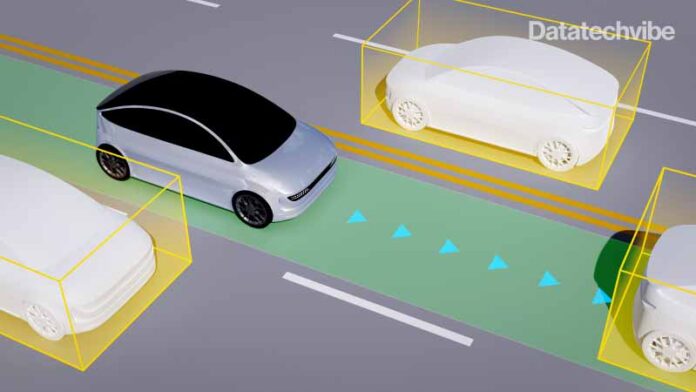Deepen AI led the working group within ASAM to launch OpenLABEL — the first-ever global standard for multi-sensor data labelling and scenario tagging.
Data labelling is fundamental to teach machines to perceive and understand the world. Open-labeled datasets have fueled the growth and development of ML methods for perception in ADAS and AV over the last decade (Waymo open dataset, KITTI, NuScenes, Argoverse, etc.).
Also Read: Is AI Driving Packaging?
A major problem is that all of these datasets, and the majority of the organisations building labelled datasets use their own taxonomies, formats, and data models to encode the information in a static, goal-specific, and heterogeneous way. This produces the following problems:
- Limited reuse of annotated datasets.
- Challenges regarding maintenance and updating of the annotations
- Limited sharing of datasets across the industry and between industry and academia.
- Negative impact on the quality of annotations.
OpenLABEL solves these issues by providing a common format and data model to structure and organise the information regarding multi-sensor data labelling (cameras, lidar) in a standardised manner. OpenLABEL also defines a standardised set of tags and the data model to categorise and organise test scenarios for ADAS and AV.
“ASAM OpenLABEL is the first-of-its-kind standard, and definitely not a conventional one. It is underpinned by an entirely novel approach to labelling that enables a much more efficient way to manage and maintain labels and their semantics through the use of ontologies. We are confident that OpenLABEL will significantly help the industry in iterating faster, sharing data more efficiently, and ultimately deploy safe ADAS and AV systems sooner,” said Nicola Croce, Technical Program Manager, Deepen AI, OpenLABEL project leader and member of the ASAM Technical Steering Committee.
“ASAM OpenLABEL is a completely new standard that unifies multisensor dataset labelling and scenario tagging and facilitates their exchangeability. The standardised format and common data models as well as the application of ontologies as a basis, will lead to a noticeable increase in the quality of the labelled datasets and thus in the safety of autonomous driving. Especially if used in combination with ASAM’s OpenXOntology (to be released in December 2021), ASAM OpenLABEL will lead to more efficient development cycles, freeing up capacities for other tasks. As this is worldwide the first standard to tackle the issue of labelling, we are sure that ASAM OpenLABEL will soon be a widely used standard in the industry,” said Peter Voss, Managing Director ASAM e.V.
OpenLABEL will significantly contribute to increasing the quality of annotated datasets, their maintainability, the ability to share, combine and repurpose them.









